How Swiss is direct democracy in Paris and Madrid?
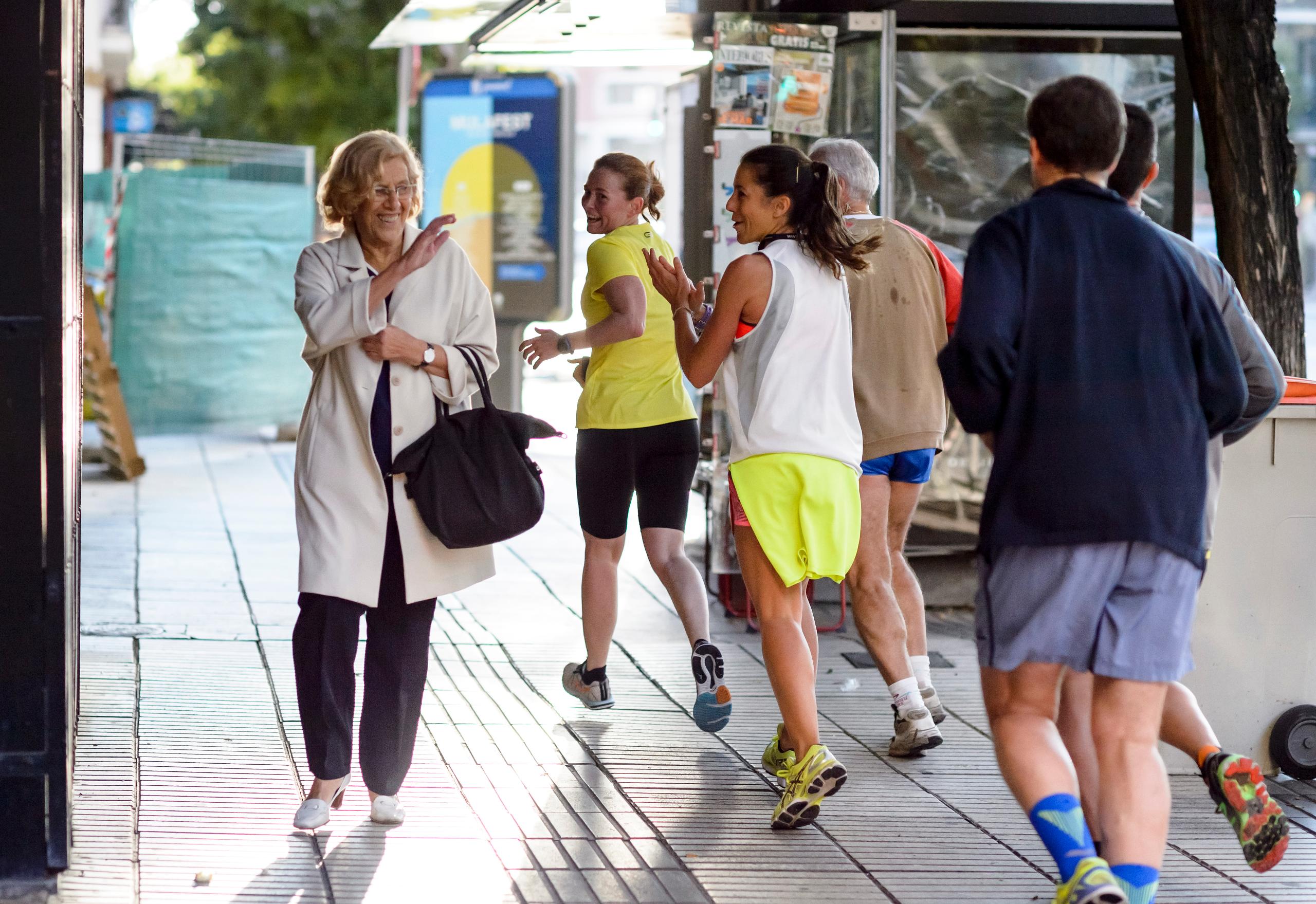
Two major European capitals are experimenting with forms of direct democracy, asking citizens to suggest projects to be realised. How much inspiration for this participatory democracy did French and Spanish authorities draw from Switzerland?
In September, Madrid launched a platform inviting citizens to present their ideas. They are put to a public vote if they have a minimum amount of support from the population.
The mayor of Madrid, Manuela Carmena, admits she was fascinated by the model of Switzerland. Carmena, a former member of a United Nations committee on arbitrary detention, used to visit Geneva regularly and couldn’t help noticing the posters put up in the streets ahead of public votes.
“If the Swiss can do it, then we can do it too, can’t we?” she says in an interview with the Spanish language service of swissinfo.ch.
She is adamant, however, that the Swiss model of direct democracy cannot be exported as such to Spain, as the societies in the two countries have very little in common.
But the 71-year-old former judge says the Madrid authorities are certainly interested in an exchange of ideas.
New forms of democracy
Carmena, who was elected mayor last June, says citizen participation has to go beyond forms of representative democracy which give political parties a key role.
It could be worthwhile trying to overcome the current political system, which is not that developed, she says.
A crucial point for Carmena is that proposals put forward as part of citizen participation must be strictly within the boundaries of human rights and the state of law.
She says even highly controversial and questionable decisions taken by citizens at the polls, such as the 2009 vote in Switzerland banning the construction of minarets, are part of it.
Participatory budgeting
Participatory budgeting is an alternative democratic process for managing public money and engaging people in government.
It gives citizens power over financial matters and enables taxpayers to work with government to make the budget decisions that affect their lives.
The process was first developed in Brazil in 1989 and there are now over 1,500 participatory budgets around the world. Most of these are at the city level for the municipal budget.
Participatory budgeting has also been used for counties, states, housing authorities, schools and school systems, universities, coalitions and other public agencies.
Most follow a similar basic process: residents brainstorm spending ideas, volunteer budget delegates develop proposals based on these ideas, residents vote on proposals and the government implements the top projects.
Source: Non-profit organisation Participative Budgeting ProjectExternal link
“We have to accept that voters can make mistakes.” However, she cautions: “That is, as long as we ensure that no voter decision goes against the crucial respect for human rights.”
Porto Alegre, Lisbon
In the capital of neighbouring France, Carmena’s counterpart, Anne Hidalgo, in September presented the results of the latest round of participatory budgeting.
The rate of involvement of the citizens of Paris was a modest 3%, but observers pointed out that France is a country with a long tradition of a strong central power but very limited experience in participatory democracy.
In fact, it was only the second time since 2014 that the Paris mayor tried to give citizens a say in how the city authorities should spend public money.
It might come as a surprise, but the model for direct democracy Paris-style was not Switzerland, but rather the Brazilian city of Porto Alegre, New York or Lisbon, the Portuguese capital.
Hidalgo’s deputy, Pauline Véron, proudly points out that the pioneering project is closely watched by other French cities and by Madrid.
Too specific
Loïc Blondiaux, a political scientist at the Paris-Sorbonne University, confirms that the Swiss system of direct democracy was not considered.
“Too exotic or specific,” he told the French language service of swissinfo.ch.
He adds that the Paris system is below the level of direct democracy. “It is about engaging citizens in the decision-making process.” But this falls short of conferring power on citizens.
Blondiaux adds that the participatory democracy in Paris, at the moment, is a kind of limited invitation, a system very much under control by the authorities.
With input from Rodrigo Carrizo Couto and Mathieu van Berchem

In compliance with the JTI standards
More: SWI swissinfo.ch certified by the Journalism Trust Initiative

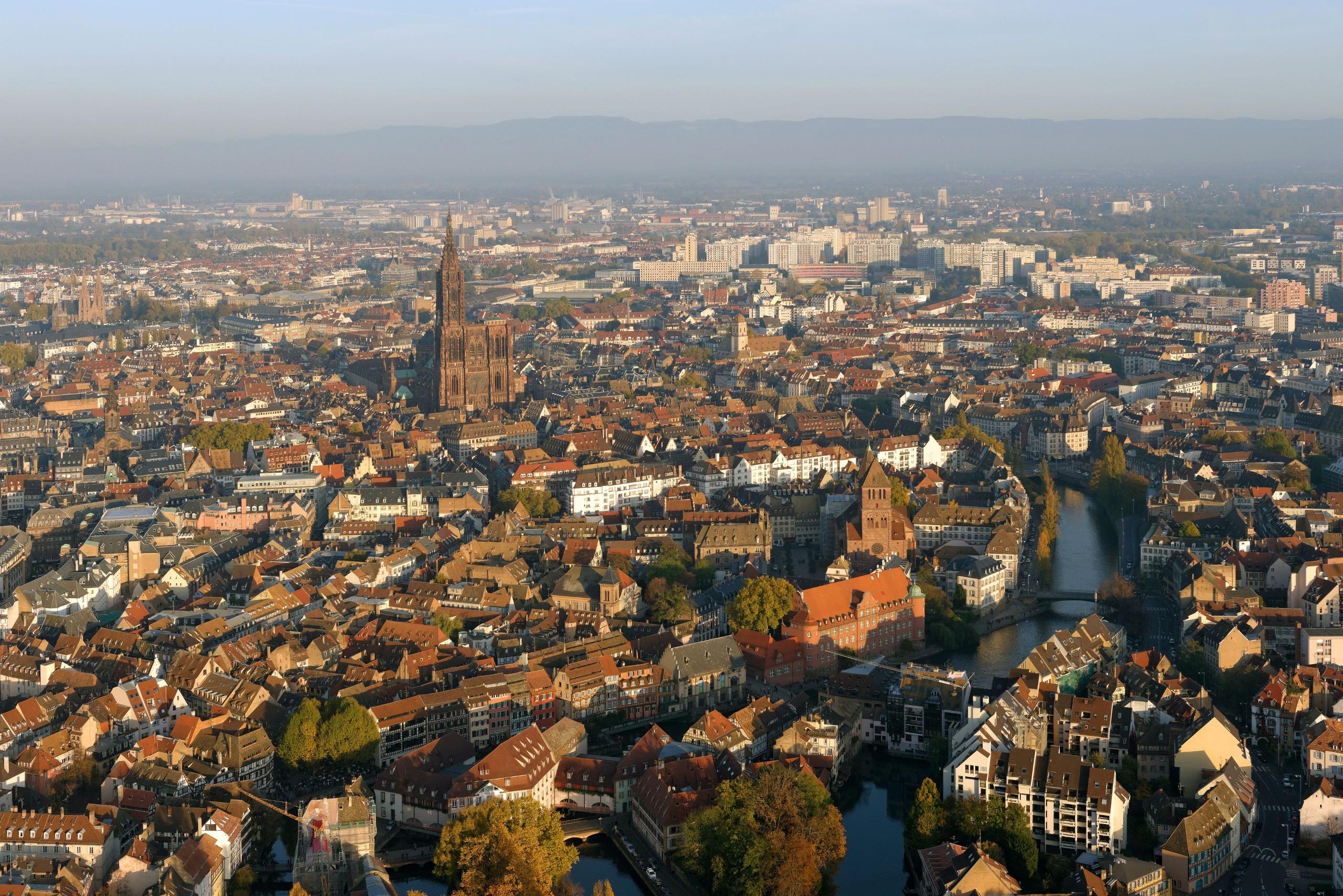
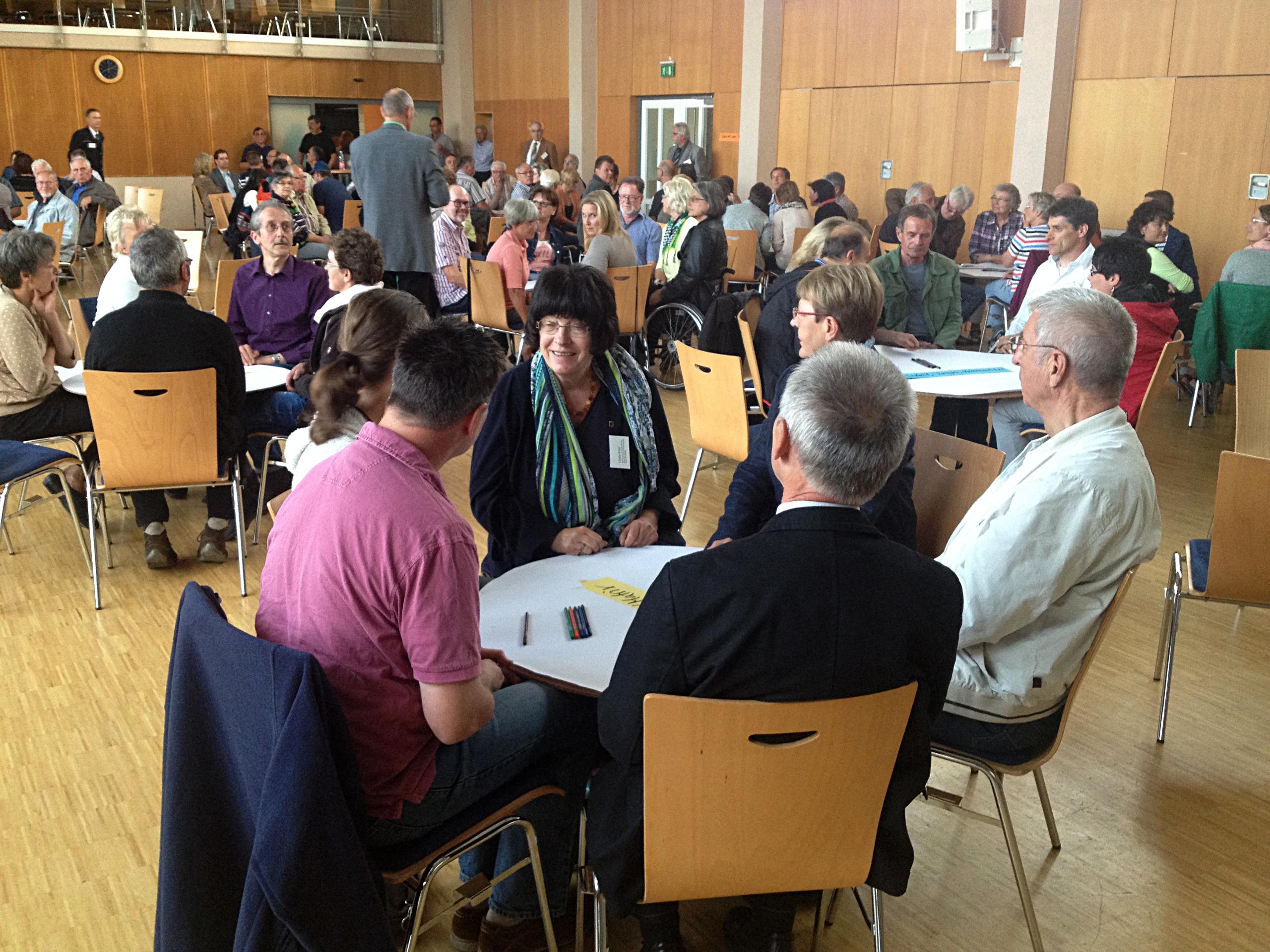
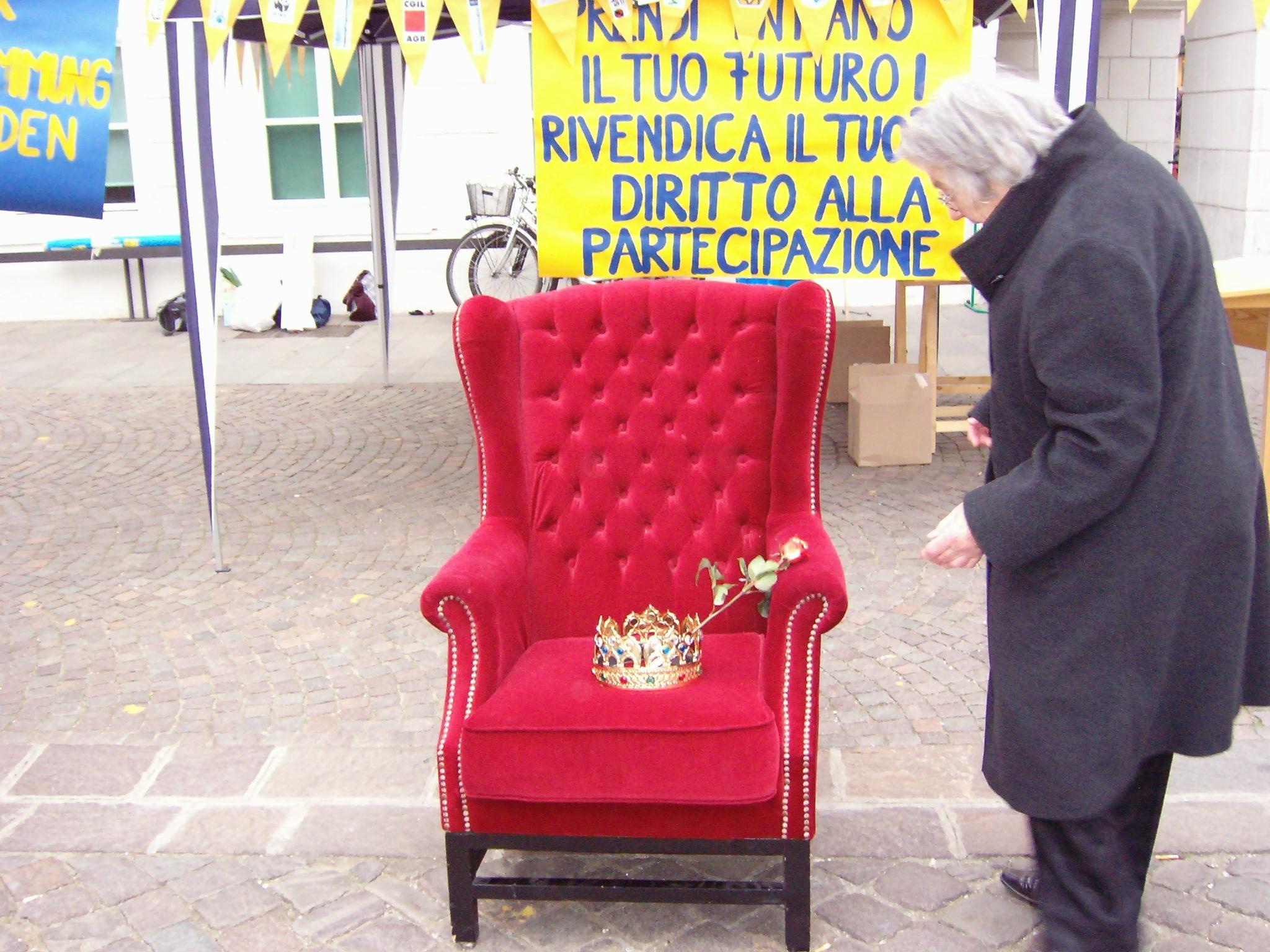
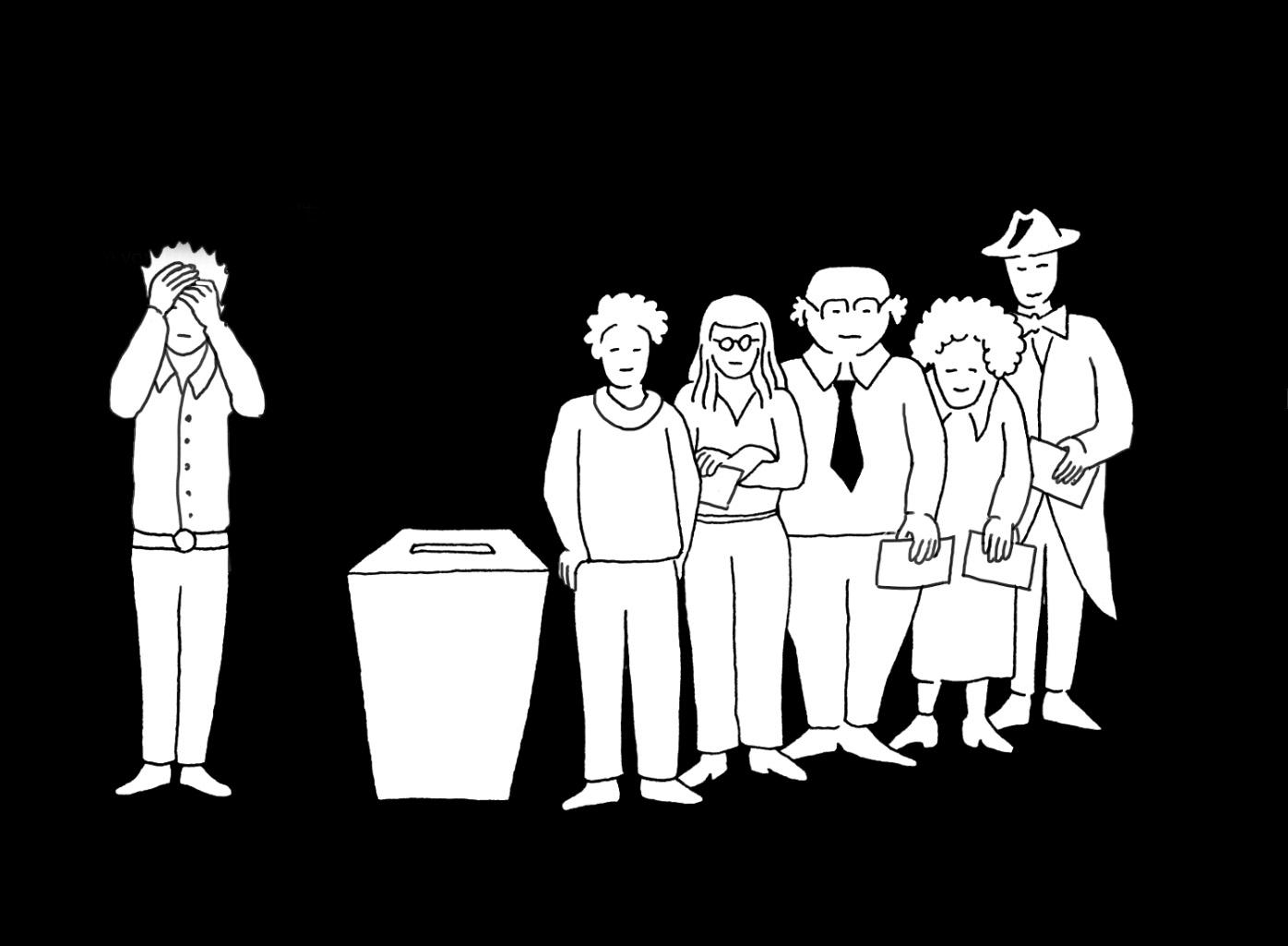
You can find an overview of ongoing debates with our journalists here . Please join us!
If you want to start a conversation about a topic raised in this article or want to report factual errors, email us at english@swissinfo.ch.